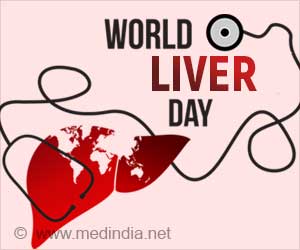- Dark chocolates are good for depression, as they are rich in flavonoids and antioxidant chemicals
- Eating some dark chocolate every day can significantly enhance your mood and reduce the risk of depression
Read More..
Is Dark Chocolate Really Good for Depression?
Yes, dark chocolate has a higher concentration of flavonoids, antioxidant chemicals which have been shown to improve inflammatory profiles and mood-enhancing properties, which have been shown to play an important role in the onset of depression. Previous studies have also reported chocolate and depression go hand in hand.
Details of the Study
The research team evaluated data from 13,626 adults from the US National Health and Nutrition Examination Survey. Participants' chocolate consumption was assessed against their scores on the Patient Health Questionnaire, which assesses depressive symptoms.
In the cross-sectional study, a variety of other factors such as height, weight, marital status, education, ethnicity, household income, physical activity, smoking, and chronic health problems were also taken into account to ensure the study only measured dark chocolate's effect on the symptoms of depression.
After adjusting for these factors, the results were observed after the participants reported whether they ate any dark chocolate in two 24-hour periods. The research team explained chocolate had been widely reported to exhibit mood-boosting effects.
Findings of the Study
The study findings highlight that nearly 25 percent of people who ate most chocolate (of any kind, not just dark) were less prone to depression compared to those who did not eat chocolates.
Lead author Dr. Sarah Jackson (UCL Institute of Epidemiology & Health Care) said: "This study provides some evidence that consumption of chocolate, particularly dark chocolate, may be associated with reduced odds of clinically relevant depressive symptoms.”
"However further research is required to clarify the direction of causation -- it could be the case that depression causes people to lose their interest in eating chocolate, or there could be other factors that make people both less likely to eat dark chocolate and to be depressed."
Source-Medindia
















